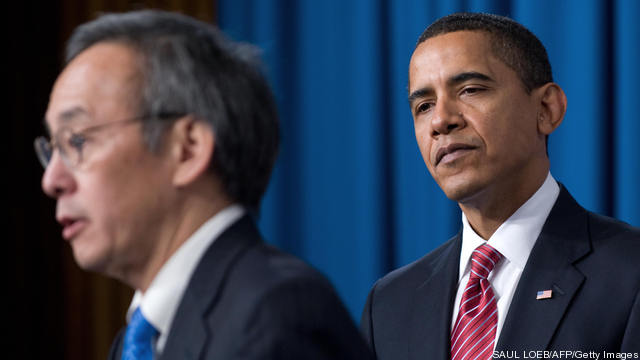
The US “is on the cusp of an energy boom that is already creating hundreds of thousands of jobs, revitalizing entire communities, and reinvigorating American manufacturing,” said US Chamber of Commerce President and CEO Thomas Donohue as he laid out the Chamber’s priorities for 2012.
In his annual “State of American Business” report, delivered Thursday in the Italianate Hall of Flags in the Chamber’s Lafayette Square headquarters, Donohue highlighted energy first as a sector offering vast promise in jobs and revenue to help revitalize the US economy, but only if domestic resources are developed. Keep reading →






Energy Voters As A Political Power: AOL Energy Comment
By Peter GardettCan the millions of workers in the US energy sector, their families and neighbors, and the millions more whose lives are built on energy activities, be convinced to vote their concerns about an industry?
In other democracies workers in individual sectors often view their politics through their professional and industrial identities, while many recent election races in the US have hinged on political identities rooted in social values as much as economic beliefs. While the US energy sector remains one of the country’s largest employers and most visible sources of economic vibrancy, its natural constituents rarely raise its issues in their lists of concerns politicians (and presidential hopefuls) should address. Keep reading →